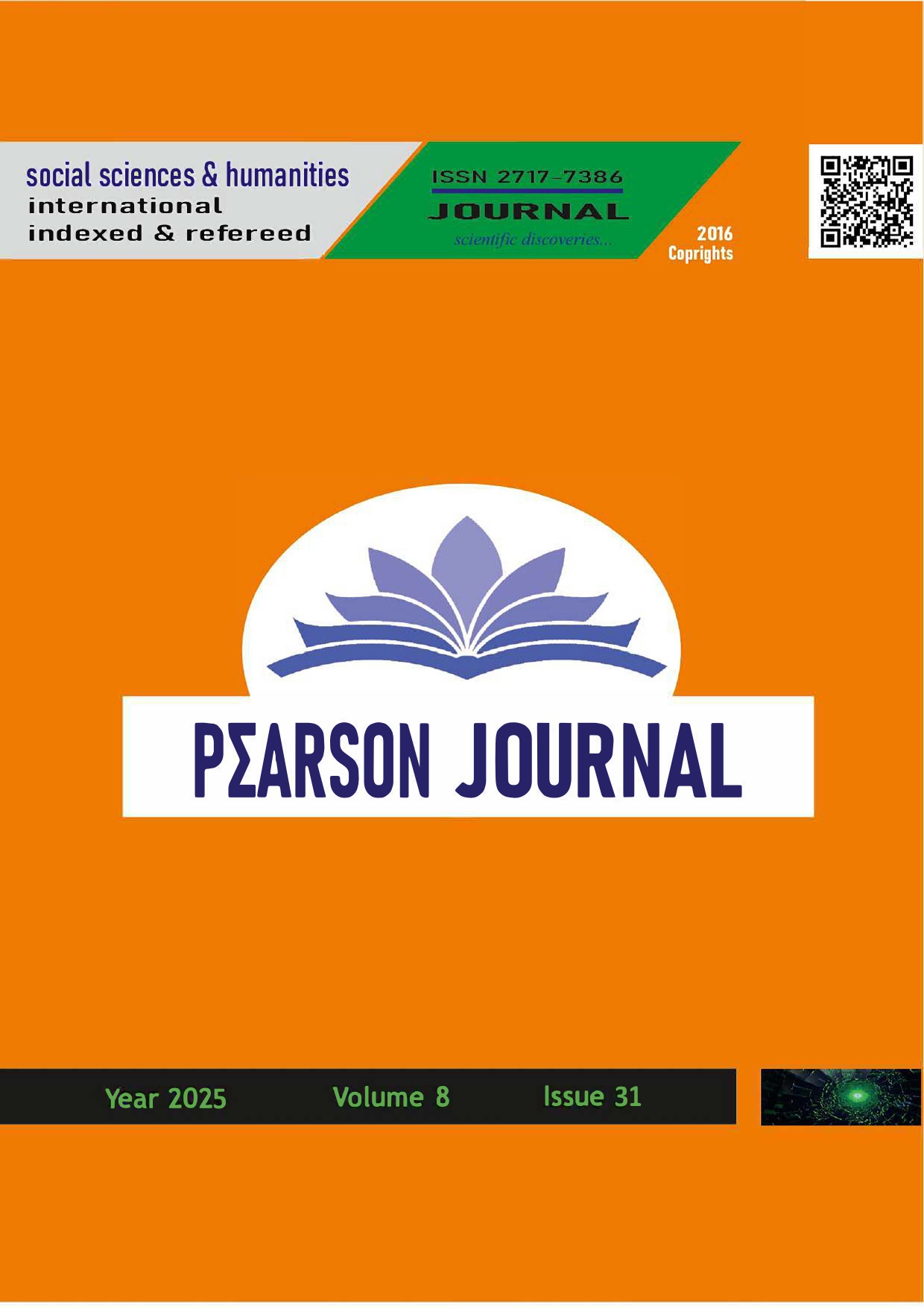A Comparative Analysis of the 2018 and 2024 Religious Culture and Ethics Curricula in the Context of the Türkiye Century Educational Model
DOI:
https://doi.org/10.5281/zenodo.14965514Keywords:
Turkish Century Education Model, Religious Culture and Moral Knowledge (RCME) Curriculum, Critical Thinking, Values Education, Interdisciplinary EducationAbstract
This study evaluates the 2018 and 2024 Religious Culture and Moral Knowledge (RCMK) curricula (grades 4-8) from a comparative perspective in the context of the Turkish Century Education Model. While the 2018 curriculum has a traditional structure based on knowledge transfer, the 2024 curriculum adopts contemporary pedagogical approaches that are student-centered, encourage critical thinking and support interdisciplinary learning. The research analyzed the strengths and weaknesses of the curricula under key headings such as learning domains, learning outcomes, social-emotional skills, interdisciplinary relationships and school-based planning.
The results revealed that the 2024 curriculum offers a flexible structure that takes into account individual differences and local context, in line with the vision of the Turkish Century Education Model. Skills such as critical thinking, problem solving and digital literacy were given more emphasis, and values education and holistic learning processes were strengthened. However, improvements in teacher training, diversity of resources and evaluation processes are needed for the effective implementation of this curriculum.
The study emphasizes that the 2024 RCCE curriculum is an important innovation that meets the needs of the age, but suggests that student-centered and local context-sensitive practices should be supported.
References
Aktan, O., & Yurtcu, G. (2024). 2018 yılı Din Kültürü ve Ahlak Bilgisi (DKAB) öğretim programı kazanımlarının 21. yüzyıl becerileri açısından incelenmesi. Türkiye Din Eğitimi Araştırmaları Dergisi, 17, 13-50.
Anderson, L. W., & Krathwohl, D. R. (2001). A taxonomy for learning, teaching, and assessing: A revision of Bloom's taxonomy of educational objectives. Longman.
Beane, J. A. (1995). Curriculum integration and the disciplines of knowledge. The Phi Delta Kappan, 76(8), 616–622.
CASEL. (2020). The CASEL guide to effective social and emotional learning programs. CASEL.
Çöl, N. (2022). 2018, 2023 ve 2024 Sosyal Bilgiler Öğretim Programlarının karşılaştırılması. Türk Eğitim Dergisi, 7(4), 123-142.
Dewey, J. (1938). Experience and education. Collier Books.
Freire, P. (1970). Pedagogy of the oppressed. Continuum.
Hamal, Ö. (2024). 2018-2024 öğretim programlarının karşılaştırılması (ortaokul). Tekrar Akademi.
Karataş, M. (2024). Din Kültürü ve Ahlak Bilgisi dersi öğretim programlarında birlikte yaşama kültürü (2010 ve 2018 DKAB programları özelinde). Mütefekkir, 11(22), 485-510.
Kolb, D. A. (1984). Experiential learning: Experience as the source of learning and development. Prentice Hall.
Millî Eğitim Bakanlığı (2023). Dijital Okuryazarlık Becerileri Etkinlik Kitabı. Ankara: Millî Eğitim Bakanlığı Yayınları.
Millî Eğitim Bakanlığı (2024). Türkiye Yüzyılı Maarif Modeli: Öğretim Programları Ortak Metni. Ankara: Millî Eğitim Bakanlığı.
Millî Eğitim Bakanlığı (2024). Din Kültürü ve Ahlak Bilgisi Müfredatı Karşılaştırmalı Analizi. Ankara: Millî Eğitim Bakanlığı.
Tomlinson, C. A. (2001). How to differentiate instruction in mixed-ability classrooms. ASCD.
Vygotsky, L. S. (1978). Mind in society: The development of higher psychological processes. Harvard University Press.
Wiggins, G., & McTighe, J. (2005). Understanding by design. ASCD.
Yıldırım, Y., & Çalışkan, A. (2024). 2024 sosyal bilgiler dersi öğretim programının 2005, 2015 ve 2018 programlarıyla karşılaştırmalı analizi. Batı Anadolu Eğitim Bilimleri Dergisi, 8(1), 108-142.
Downloads
Published
How to Cite
Issue
Section
License
Copyright (c) 2025 PEARSON JOURNAL

This work is licensed under a Creative Commons Attribution 4.0 International License.



